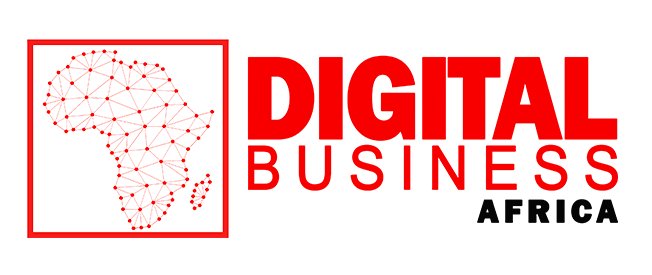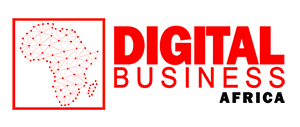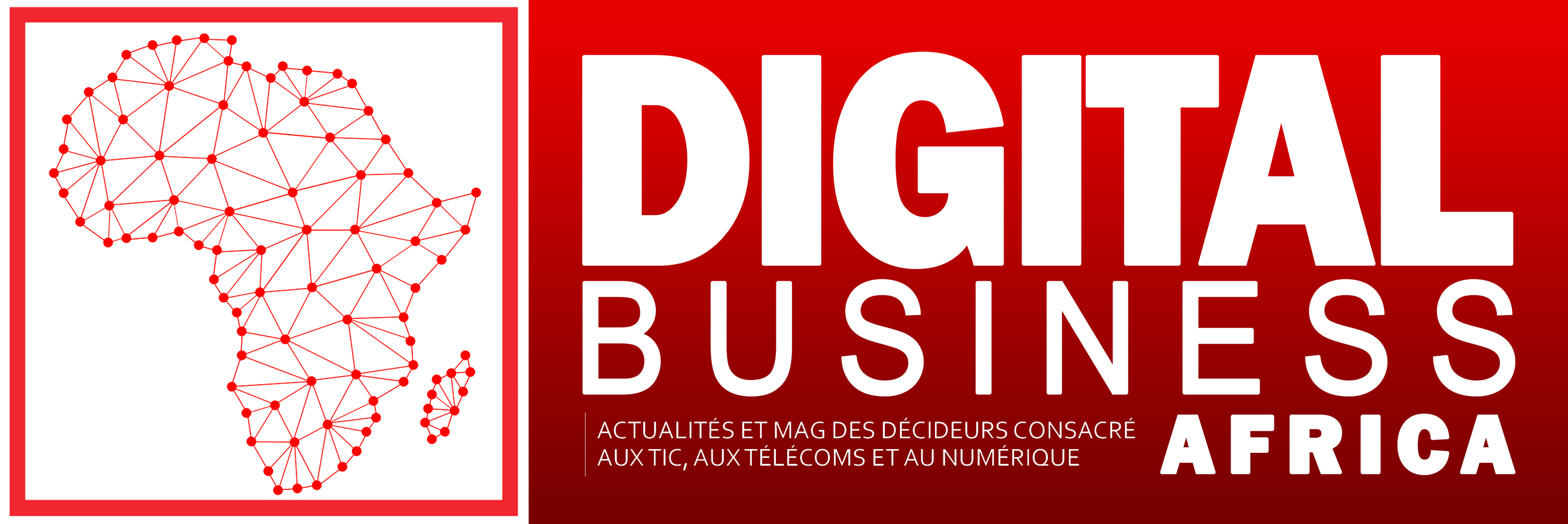The election of Ursula von der Leyen as the next European Commission president is the perfect opportunity to start a series of posts on technology and innovation in Europe – covering areas of excellence, key priorities and political challenges.
Supercomputers belong in all of these three categories – and, in this field, Europe has a card to play.
There are ideas that get repeated so often that they turn into deeply ingrained beliefs.
In the technology industry, one of these ideas is that Europe is bound to be relegated to a satellite role in a global competition led by China and the United States. And, despite being the world’s second economic power, Europe should get used to watching from the sidelines while the two superpowers and their tech giants, GAFA on the one side and BATX (Baidu, Alibaba, Tencent Xiaomi) on the other, fight for global dominance.
Of course, this point of a self-fulfilling prophecy – how could Europe seriously compete if it’s already prepared to admit defeat?
How could Europe seriously compete if it’s already prepared to admit defeat?
Moreover, I believe that this idea is deeply wrong: Europe has many areas of excellence, many domains in which it can be a global leader. Supercomputers, a topic I’m particularly interested in, are among them.
Europe can excel on the global tech scene
In this field where big players are few and far between, Atos is Europe’s number one. And last June, we proved once again that, in this strategic area, Europe could lead the way.
How? By inaugurating France’s most powerful research supercomputer, designed for the Atomic Energy Commission (CEA).
It currently delivers a peak power of 9.4 petaflops, and will reach 22 petaflops of processing power by 2020 – the equivalent of 75,000 PCs!
This supercomputer will provide European researchers with new computing capabilities that can be used in a wide range of areas, from astrophysics to geology and climate research.
And when it comes to minimizing our environmental footprint, European companies are second to none. This supercomputer only uses half as much energy as its predecessor, representing a 4.5 increase in computing capacity – it’s a new milestone for Atos, which has already manufactured 15 of the world’s 100 most energy efficient supercomputers.
Technological sovereignty is a key challenge for Europe in the 21st century
![L’avenir des supercalculateurs s’écrit en Europe : « Refusons l’Oscar du meilleur second rôle ! » [Thierry Breton*]](https://www.digitalbusiness.africa/wp-content/uploads/2019/07/Thierry-Breton-1024x520.jpg)
But you may be wondering: why is it so important to have strong European actors in the tech arena? Will it really make a difference?
I believe that the current international situation proves how much it matters. In the trade war between China and the United States, Europe needs to take its destiny into its own hands.
Being entirely dependent on other actors for our technology and for our strategic data comes at a price. It means, in particular, that we accept that these actors write the rules of the game for us.
The European Union is increasingly aware of this, and it is coming to terms with the fact that European companies cannot tap into the same financing opportunities as their American and Chinese counterparts, which often have access to large government and military programs in their home countries.
But things are changing – as demonstrated by two ambitious programs conceived to help Europe achieve technological leadership in some innovative fields.
The supercomputer delivered to the CEA is part of a program named EuroHPC JU, which brings together leading European companies to create a computer that can reach the exascale – a quintillion, or a billion billion, operations per second.
It builds on a second program dedicated to microprocessors, the European Processor Initiative – which Atos has been elected to lead.
In the tech race, Europe should not take a backseat
These two programs are important – if only for the fact that technological leadership will increasingly be a matter of sovereignty. If Europe wants to be a contender, it needs to be fully engaged and display the kind of willpower that can beat pessimism and fatality.
We have the capacities, the know-how and some of the most skilled people in power.
Every year, millions of young people graduate from our schools and universities. At Atos, which partners with some of Europe’s best universities, we know this as much as anyone. Our infrastructures are also among the best on the planet.
Therefore, it bears saying and repeating: there is no reason, none whatsoever, why we Europeans should watch the upcoming global technology race from the sidelines.
By Thierry Breton*
![L’avenir des supercalculateurs s’écrit en Europe : « Refusons l’Oscar du meilleur second rôle ! » [Thierry Breton*]](https://www.digitalbusiness.africa/wp-content/uploads/2019/07/Thierry-Breton-2-1024x377.jpg)
*Thierry Breton, Chairman and CEO of ATOS
Thierry Breton, Chairman and CEO, ATOS Former Minister for Economy, Finance and Industry, FranceA former Minister of Economy, Finance and Industry of France, Thierry Breton is currently Chairman and CEO of ATOS SE, an international IT services company with annual revenues of € 13 billion and 120,000 employees in 73 countries. Serving a global client base, it delivers hi-tech transactional services, payment services, consulting, system integration and managed services. Atos is the Worldwide IT Partner for the Olympic Games.
Appointed Chairman and CEO in November 2008, Thierry Breton has led the transformation of the company to improve its operational performance and drive innovation that delivers value for clients, which include multi-national blue chip companies and leading public sector organisations. Thierry Breton has also completed the acquisition of Siemens IT Solutions and Services to create a new global IT champion, as well as the acquisition of Bull in 2014 and Xerox ITO in 2015.
In his career Thierry Breton has held a number of senior positions in business, politics and academia. Most recently, before joining Atos, he was a professor at Harvard Business School, teaching leadership and corporate accountability. From 2005 to 2007, he served as France’s Minister for Economy, Finance and Industry. As Minister, he significantly reduced the French public debt for the first time in 30 years, reached a primary budgetary surplus, decreased taxes and unemployment, and focused on privatisations and on investment on new growth territories such as non-tangible assets. From 2002 to 2005, he was chairman and CEO of France Telecom where he is recognised for turning the business around and reducing debt from 68 billion to 35 billion euros.
From 1997 to 2002, he was Chairman and CEO of Thomson, where he is credited with increasing the value of the company. From 1993 to 1997, he was at Honeywell Bull Group, where, as a SEVP for strategy, he helped to reposition the company before being promoted to CEO and Vice Chairman of the Board. Thierry Breton began his career as an entrepreneur in New York, where he created software company Forma Systems. He is a member of many Boards of Directors, including Carrefour in France, Sonatel in Africa, SATS in Singapore and is a member of Bank of America Global Advisory Council since 2012 in the US.
Thierry has won much industry recognition, including receiving the prestigious French Légion d’Honneur (Commandeur) and was elected as President of the French National Association for Research and Technology (ANRT) and Member to the National Academy of Technologies (France) in 2015. He was awarded the French National Order of Merit in 2004 and, in the same year, named European Business Leader of the Year. He is Grand Officier in the French National Order of Merit since 2012. In January 2010, the Harvard Business Review published a list of The 100 Best-performing CEOs in the World in which Thierry Breton was one of the few Europeans to be awarded. The author of many books about information technology and the economy, Thierry Breton is a graduate of SUPELEC in Paris, holding a master degree both in electrical engineering and computer science. He is also a graduate of the French Institute for Higher National Defense (IHEDN).







